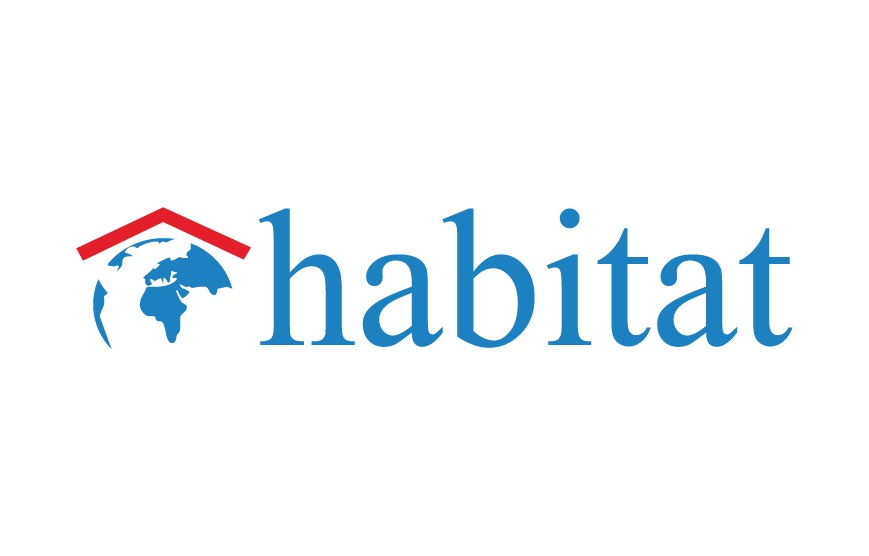Role of the Local Implementations for Achieving a Sustainable Digital World
Habitat Association

Session 216
Organized by Habitat Association to promote multi-sectoral partnerships to contribute the sustainable development with digital local implementations
In the journey of reaching sustainable development goals; there are main components such as ending poverty, ensuring prosperity for all, fighting with inequality and injustice, providing the quality of education, providing decent works and economic growth and protecting the planet. Digitalization of the world allows to contribute all these components with well-designed partnerships to disseminate the knowledge at local level.
Bridging digital divide is one of the most important accelerator to support the socio-economically development of especially developing countries. It is possible to bridge this digital divide with a partnership of the organizations from different sectors. As a first and the most important principle of these partnerships to disseminate especially quality digital education at local level; It is needed to be innovative and updatable according to the needs and development level of local. Thanks to these kind of partnerships; it is possible to reach disadvantageous groups with local organizations; such as local NGOs, local governments, private sector organizations, academia and volunteers.
Peer education and interactive training methods are one of the most effective tools to facilitate the access of local level to digital information and knowledge and to provide capacity building of children, women, youth and adults. Creating different updatable curriculums for different target groups and disseminating these curriculums facilitates to provide the sustainability of the impact of peer education.
For integrating the targeted SDGs into local level; it is important to meet with the needs, wants and requirements of local level. To facilitate this phase; it is significant to touch local level with the member of local. With voluntary peer education method:
- The volunteers who are active at local level can be felt more comfortable and motivated
- The volunteers are integrating their local networks to contribute the SDGs
- The local best practices are known, implemented and shared by the volunteers with national level in national summits for policy coherence
- Giving initiative to the volunteers and supporting them is increasing the motivation of them to contribute the SDGs with their local implementations
- Providing the capacity development for volunteers is increasing their implementations’ quality and sustainability
- Volunteers are motivated for their volunteering period because the volunteering provides their personal development
- The voluntary peer education model brings the organizations and people from different sectors together and the model breaks to the prejudices
With peer education; digital capacity building of not only beneficiaries but also for volunteers are provided. With updatable digital curriculums; the volunteers and beneficiaries can found their e-businesses with their friends from the volunteer team or beneficiaries. All these capacity development and business development process is provided by multi sectoral cooperations' networking supports.
Key takeaways:
- Discussions among the panelists will showcase example of project development model to provide digital capacity development for volunteers and disadvantageous groups
- The audience will be informed of the success stories of the social responsibility project run by multi-sectoral partnership
- The new multi-sectoral partnership opportunities to contribute the SDGs with peer education
- The audience will be inspired by the volunteer trainer's personal capacity building and business development and the success stories from the local implementations of digital training curriculums.
Moderator
Ms. Elif Bilge Erdölek, Director of International Relations, Habitat Association
Speakers/Panellists
Ms. Elif Bilge Erdölek, Director of International Relations, Habitat Association
Mr. Mehmet Can Irhan, Corporate Citizenship & Philanthropy Lead, Microsoft Turkey
Mr. Alper Özcan, Volunteer Master Trainer, Habitat Association
Session's link to WSIS Action Lines
-
 C3. Access to information and knowledge
C3. Access to information and knowledge
-
 C4. Capacity building
C4. Capacity building
-
 C7. ICT Applications: E-business
C7. ICT Applications: E-business
-
 C11. International and regional cooperation
C11. International and regional cooperation
The session is directly linked with access to information and knowledge, capacity development, e-business and international and regional cooperation. Habitat and Microsoft's partnership for the local digital implementations is one of the example of international and regional cooperation. On the other hand, with using peer education method; it is provided the capacity development of volunteers and women, youth, children and adults with increasing their access of information and knowledge to increase their employability with e-businesses.
Session's link to Sustainable Development Process
-
 Goal 4: Ensure inclusive and equitable quality education and promote lifelong learning opportunities for all
Goal 4: Ensure inclusive and equitable quality education and promote lifelong learning opportunities for all
-
 Goal 8: Promote inclusive and sustainable economic growth, employment and decent work for all
Goal 8: Promote inclusive and sustainable economic growth, employment and decent work for all
-
 Goal 10: Reduce inequality within and among countries
Goal 10: Reduce inequality within and among countries
-
 Goal 17: Revitalize the global partnership for sustainable development
Goal 17: Revitalize the global partnership for sustainable development
The session is directly linked with the localization of Sustainable Development Goals. The partnership model of the project is one of the most important example of global partnerships for sustainable development (Goal 17). On the other hand, dissemination model and the curriculums which are expanded by volunteers are good practices of quality education (Goal 4) to reduce inequality and bridging digital divide (Goal 10) to contribute the sustainable economic growth (Goal 8) with the success stories.